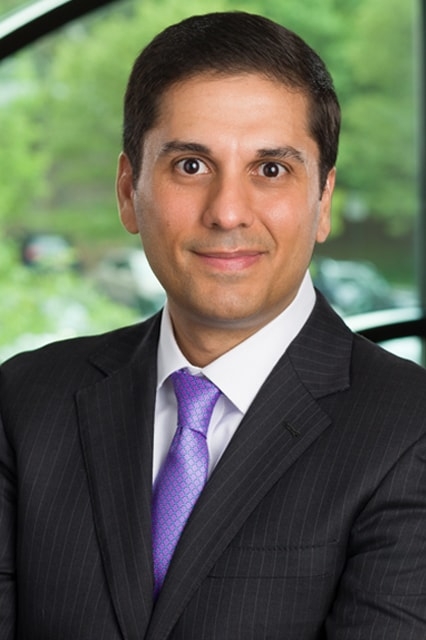NJ Cannabis Insider: Five Questions With Lee Vartan
In an exclusive Q&A with NJ Cannabis Insider (NJCI), Lee Vartan answered five questions on the latest developments around New Jersey's medical and recreational cannabis programs.
NJCI: The Murphy administration recently announced the expansion of the medical program. What regulatory changes or proposed changes do you see as having the greatest impact on the medical program?
Vartan: The biggest change is going to be the overall expansion — the expansion of the patient population and the ATCs (alternative treatment centers) and the opportunities for new entrants to the market. In my opinion, the program is going to go from something very small to something very large, if not overnight, certainly in the next few months.
Q: What does this signal about a state-regulated adult-use market?
A: It is a very aggressive first step toward full legalization. If you take a look at Executive Report 6, one of the approved conditions is now anxiety disorder, which is very common. It’s almost de facto legalization through the medical program.
Q: Based on your familiarity with the process, do you expect smaller groups of investors to receive a leg-up in the application process?
A: It’s hard to know. The existing ATCs already have a leg-up but new entrants who have some New Jersey nexus — someone in the forefront with ties to New Jersey — and have thoroughly prepared their applications will have the best chance. No matter what happens with the expansion, there’s going to be a full-throated background check process. This is a deliberate process by design and necessity, and is very thorough.
Those that are going to have the best chance are going to have to come to the table with an application that has been fully vetted by them first and their counsel. They’re going to have to come with applicants who are squeaky clean. They’re going to have to come with compliance plans and security plans that show they’re not merely looking to make a dollar on this but to serve as responsible business partners with the state and regulators.
It’s also important to know your audience because it’s not just the Department of Health, it’s also Law and Public Safety. They’re law enforcement and they’ll be asking questions of whether the security plan is sufficient.
Q: What do you see as the biggest potential impediments for entrepreneurs hoping to start a leaf-touching business?
A: Public perception and the spillover at the local level because at the end of the day there need to be municipalities that welcome these ATCs. Many towns are saying reflexively not here. The biggest impediment is convincing the mayors and town councils. For these businesses, it comes down to demonstrating full compliance plus — we know what your concerns are and here’s how we address them. At the end of the day, it’s new rateables for the town.
Q: Do you believe the proposed regulatory changes indicate the Murphy administration will eschew vertical integration?
A: It’s hard to know because we’re looking at this report, which is a first step toward something larger or bigger for the state. Vertical integration, I think, is key to developing the industry and having the responsible participants that the state is going to want to see.
I don’t know if you want smaller operators. Smaller operators mean to me less robust compliance plans, less robust security, less robust capital. What you don’t want is something that is fly-by-night. What you want, I think, in terms of this first initial wave, is getting well-sourced, well-counseled. I think vertical integration is a key piece of that.
This Q&A was originally published in NJ Cannabis Insider's May 3, 2018 issue, which can be found here.

